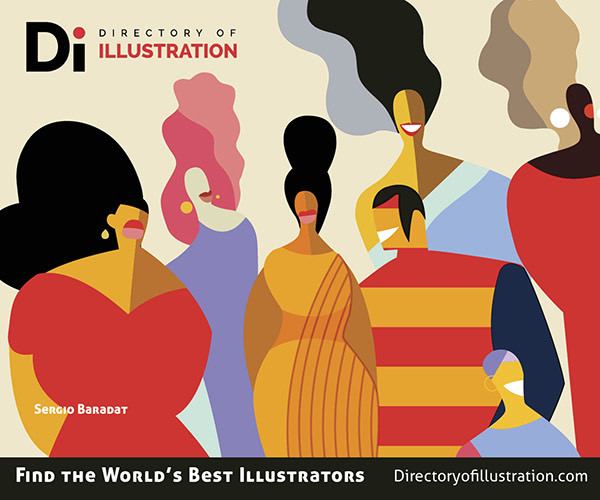Yesterday, I got a dislike (I know, get out the sad violin!). I post a video almost weekly on my YouTube channel, usually answering viewer questions or offering insights on being a creative. But lately I’ve been so busy, so I just posted a quick vlog-style update — no real insights, just a check-in with my audience. It wasn’t my best work, but in my mind it was better than nothing. It was my way of showing up and keeping the flame burning.
Somehow, I’ve been fortunate enough to get very few dislikes on my videos. As my audience grows, I should expect a few more, statistically speaking. But the rarity of the thumbs-downs means I notice each and every one. And then I sit there and wonder, what did I do wrong? Did I say something off-putting? Did I have bad hair? Did I let my faithful audience down by not putting in enough effort? Or, is it possible that — gasp — there are people who aren’t fans?
I think this is why we fixate on the negative reviews. They are uncertain, unspecific. They might be for any of the thousands of possible reasons. We get sent into a tailspin of self-doubt, forgetting the many more positive reviews.
Most social media platforms give users the ability to like a post. However, compared to Instagram, Twitter, and Dribbble, only YouTube gives our audiences a way to specifically dislike our content. In one way, the dislike is better than the binary like on/off function of the other platforms, since it brings more dimensionality to the review. But what do we do with a distinct vote against our content that comes with the dislike? A non-like (which is very different from a dislike) on Instagram may be a vote against my content, but I’ll never know for sure. Ignorance is bliss.
To hit the like button means “yes, I really like this!”, or at least, “I support you and like everything you post no matter how garbage it is!”. To be honest, likes probably don’t mean nearly as much as we think they do either. But while we could always do with a few more likes, we never feel confronted by their absence.
On the other hand, someone hitting the dislike could mean anything between a kind “I was expecting something better than this from you,” and an insidious “I hate you and your content and you should quit”. The problem is, short of some kind of qualifying comment, which rarely comes with the like or dislike, we just can’t tell.
I think this is why we fixate on the negative reviews. They are uncertain, unspecific. They might be for any of the thousands of possible reasons. We get sent into a tailspin of self-doubt, forgetting the many more positive reviews.
How are we supposed to feel about negative reviews, and what can we do about them? I think we should let our own reactions be our teacher. Do we feel defensive and indignant? Maybe it’s a good opportunity to consider how you can improve your content. Do we feel sad or depressed? That might mean we have put too much weight in both our work and how it is received. Nobody wants to receive a dislike, but we should at least let them do their job — which must be designed to coach us to do better as creators.
Whether we lust for likes or despise dislikes, these limited reviewing mechanisms are in most ways overrated. Unless they come with additional comment, we can never really know what they truly meant. If you want truly helpful feedback on your work, join a crit group or share your work with people you trust. Similarly, if you want to give truly helpful feedback, especially when it’s critical, a kind follow-up comment can give actual weight to your input.
I’m totally okay with not being everybody’s cup of tea, but non-fans don’t usually stick around long enough to engage either way. But on my recent video post, someone felt a negative emotion and tapped dislike. It did not come with a comment to let me know how I could do better — only a moment of feeling sorry for myself and maybe I should just quit.
Okay, if I felt that, it was only for a second. I can handle a dislike or two — hopefully even more if I stood by the intention of my post. In fact, I’m happy to know I could be doing better and that people expect more of me. It’s probably asking too much, but I would just really like it if people who hit that dislike button added a little helpful critique along with it. Otherwise, it’s just an unqualified vote against my content. Whatever it actually means, I’ll never know for sure.







Awesome post.
Best Android Games full download site. Read pros and cons about Android
Premium Mods.